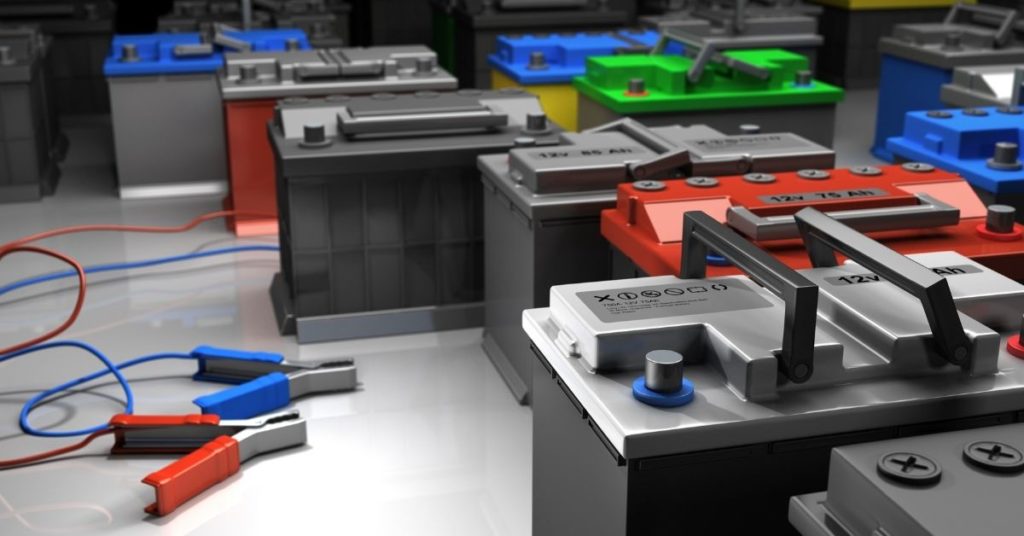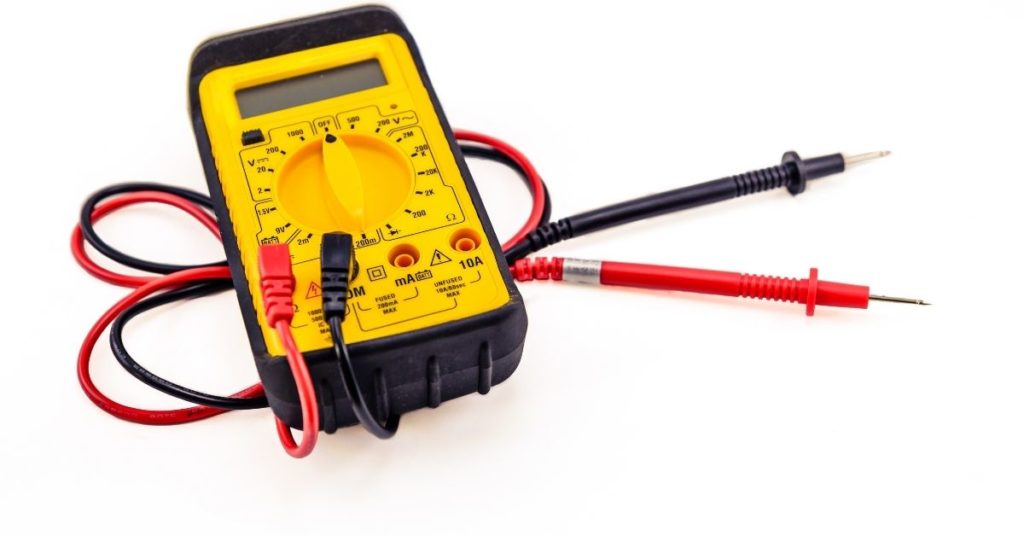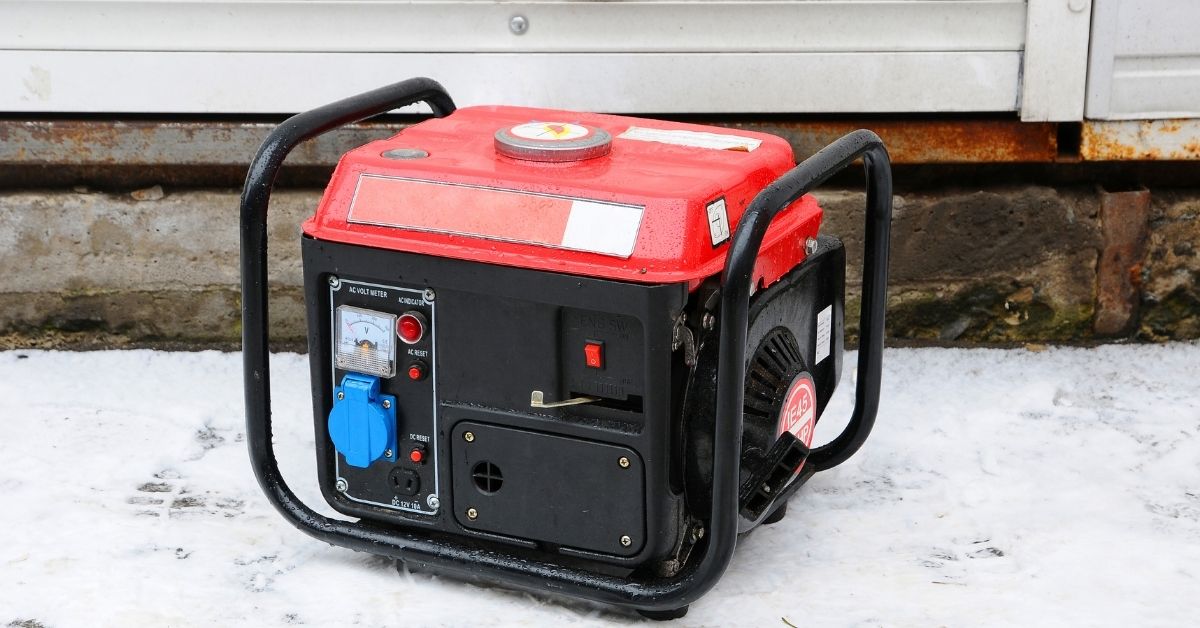What do you do when your generator refuses to charge the battery? Do you get a new battery? Should you replace the generator? The guide below will provide some much-needed answers to the ‘generator not charging’ issue.
Why Is My Generator Not Charging The Battery?
When a generator refuses to charge the battery, most people immediately blame the generator. But the generator is not always at fault. Some factors that can prevent the battery from charging include:
1). Battery Itself Is The Problem
Batteries have a limited lifespan. They are not designed to remain in operation forever. If your battery is old or if it has a bad cell, you cannot trust it to hold its charge for a long time.
In other words, you have to consider the possibility that the generator is charging the battery, but the battery cannot hold the charge. It keeps discharging over time, even when the generator is running.
2). Generator Remains In Storage For A Long Time
How do you store the generator? Some people are quick to blame the ‘Generator Not Charging’ issue on a faulty battery when they are responsible for the component’s problems. You are supposed to periodically charge the battery.
If your generator remains in storage for months at a time, the battery is going to discharge to a point below which it cannot be recharged again. By failing to periodically charge it, you will lower the battery’s capacity and lifespan, compromising its ability to hold its charge.
3). Faulty Charger
Have you checked the charger? The charger can prevent the generator from charging the battery. Problems associated with the charger are difficult to diagnose because they can emerge from various angles.
For instance, some generators have cables that run between the generator and the battery. You have to buy and then install these cables according to the instructions in the manual to allow the generator to charge the battery.
This isn’t true for every generator. The charging circuits in some models make such a setup unnecessary. But you won’t know until you read the manual. If it tells you that you need a dedicated charging cable, the absence of that cable is probably the source of all your problems.
But that isn’t always the issue. You also have generators whose chargers are simply faulty. A faulty charger may prevent the generator from charging the battery.
4). Malfunctioned Voltage Regulator
Many people do not realize that the voltage regulator plays an important role in the charging process. This component controls the amount of voltage flowing to the battery. It ensures that the voltage coming from the alternator is enough to charge the battery.
Therefore, if the voltage regulator malfunctions, the battery might stop charging. It could also start draining at a much faster rate.
5). Tripped Breakers & Fuses
Don’t forget to check the breakers and fuses. Tripped breakers and blown fuses can affect a generator’s ability to charge the battery.
A generator can continue to supply power to your home even when some of the breakers have tripped. Some people do not realize this. It never occurs to them to check the breakers and fuses because the generator is still supplying power to some of their devices.
Related Post:
- Generator Voltage Too High(Problems & Quick Solutions)
- Generator Choke(Working Method, Purpose, Problems & Solutions)
- Can An Alternator Be Used As Generator(What’s the difference)?
- Generator Capacitor(Function,Type,Price,Problem)
How To Fix A Generator Battery That Is Not Charging?
To fix a ‘Generator Not Charging’ error, you have to start by identifying the source of the problem. Some effective fixes include:
1). Replace The Fuse
This is the simplest problem to solve. If the fuse in the transfer switch has blown, you can just replace it. If you have some experience with generators and electrical tools, this process won’t take long.
If the fuse is not the problem, turn your attention to the breaker. A tripped breaker can also affect the generator’s ability to charge the battery.
2). Replace The Voltage Regulator
If the voltage regulator is defective, you must replace it. Otherwise, the battery will keep draining because the regulator cannot provide enough voltage to keep it charged.
3). Replace The Old Battery
If you have an old generator, you should consider replacing the battery, especially if you rarely use the generator. Batteries wear out.

If the multimeter has shown you that the battery can no longer hold its charge, get a replacement. You don’t have any other viable option in this case.
4). Hire An Expert
You should get an expert to diagnose the charger. They will determine whether or not it needs to be replaced. They will also ensure that it has been wired properly and that every connection between the charger and the battery is secure.
If you do not know whether or not your generator has a special cable that runs between the generator and the battery, you should consult the manual or contact the manufacturer. They will send you all the tools you need to ensure that the charger keeps the battery charged.
Do not tamper with the generator unless you know what you’re doing. The average consumer is unlikely to identify the reasons causing their battery to discharge. In many cases, the generator has a circuit or component that is draining the battery. You need an expert to thoroughly investigate the device.
An expert will find and resolve all the loose connections and corroded terminals preventing the battery from charging. If the generator has a warranty, use it to get free repairs and replacements.
How Do I Know If My Generator Is Charging My Battery?
You can determine whether or not a generator is charging the battery by using a voltmeter to measure the voltage across the battery. The readings on the voltmeter should match the rating of the generator when it is off. The readings should rise once you switch the generator on.

You can check out this video that allows you to measure the charge the battery will receive.
How Long Does It Take To Charge A Battery With A Generator?
It could take 2 hours, 6 hours, 24 hours, or longer. You cannot tell unless you know the specs of the battery bank and the generator that depends on several factors, including the amount of charge that is already in the battery bank and the rating of the generator.

